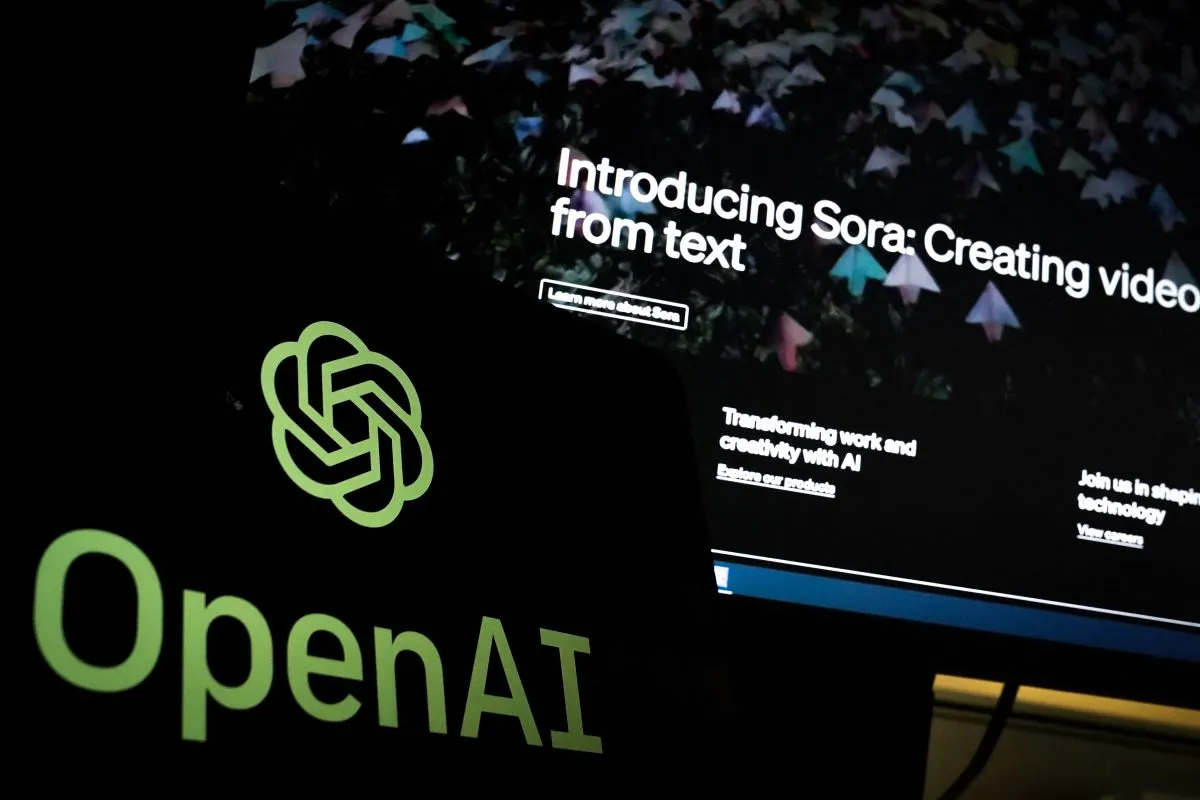
Whatever other deficiencies Africa may have, there is no shortage of the desire to get fully involved with whatever new technology is going on out there. The continent is now as fixated as people elsewhere in the world with Artificial Intelligence (AI).
And as always happens when a relatively new technology begins to loom larger in our lives, all sorts of speculation, including wild conjectures, bursts loose and we are inundated with conflicting claims.
AI, we are told, is the last frontier for the human species and machines that can think a million times faster than the most intelligent human being and crunch billions of bits of data in seconds, will take over the world.
Even if we discount extreme scenarios, experts warn, AI-powered machines will replace – indeed, are replacing – human labour, and taking over functions that we once thought were our exclusive preserve.
There have been several international conferences recently on the impact of AI on employment levels and if it is leading to mass redundancies. Will there be any jobs for our children, parents are asking; in fact, will our jobs soon be taken over by these super-intelligent systems?
At the same time, organisations including African banks tell us that they are adding AI functions to their systems to provide faster, more efficient and safer services. Should we rejoice or be worried?
Perhaps we can start by demystifying some notions of AI. Let us begin with definitions: According to Tableau, an analytical platform, Artificial Intelligence is a branch of computer science dedicated to creating computers and programmes that can replicate human thinking. Some AI programmes can learn from their past by analysing complex sets of data and improve their performance without the help of humans in refining their programming.
This is as broad a definition as you can get but AI systems can be broken down into two categories. First, there is narrow AI, which is limited to specific tasks along predetermined parameters. It is found, for example, in search engines such as Google, or when doing repetitive tasks like data collection, or online shopping, or in face and document recognition processes, or in the aggregation of interest groups on social media, or even in the prediction of your choices in music, food and so on, based on algorithms.
Straying into science fiction
These are all the kinds of task that were once either done manually or have developed as a result of digital technology – for example, online shopping and banking. More developed examples include the interactive chatbots found when shopping or banking online or looking for information. Some chatbots respond to spoken commands and mimic human voices, for example, the Alexa or Google voice search function.
While this may seem as if it is already straying into what was once confined to the science fiction world, the functions are all pre-programmed and determined and if your query goes outside the parameters set for it, the bot will often respond by saying sorry, it is unable to process that query – and hopefully you can be redirected to a real human being.
Then you have the Artificial General Intelligence (AGI) systems, which are several steps more advanced than narrow AI. Here the systems try to mimic the human learning process, accumulating knowledge from multiple sources including the worldwide web, developing skills in deploying this knowledge, transferring data from one domain to another and making independent decisions.
This is the dangerous terrain that experts are now warning us of. AGI can go through the learning process at a scale and speed that is bewildering and unlike for humans, it is minus emotion, value judgements or ethics – unless some say, you write these in at the initial stages.
AGI systems, for example, can be used in self-drive cars to gather information in real time about other vehicles and road conditions, to navigate the best routes. AGI-empowered robots carrying out operations can link with other robots and even human experiences to carry out complex operations; and defence systems can crunch millions of pieces of data from a multitude of sources to decide whether to launch a pre-emptive strike.
However, despite the huge sums reportedly involved in developing AGI, some experts suggest that we are still very far from being able to achieve true AGI capabilities, although they are ‘on the way’.
While AI systems can design and assemble vehicles for example, they cannot on their own switch to designing houses. AGI can. What neither system can do however, is actually build an assembly- line factory or a house. For this it needs human intervention, although it can draw up the plans, the work schedule and work out the budget to the last penny.
In the meanwhile, we can enjoy the memes in which our own inventive AI gurus manipulate images and voices to create humorous social media clips. But of course, this blurring of the real and imagined world can become dangerous in the hands of people set on mischief. Nevertheless, as they say, the AI genie is out of the bottle and it cannot be put back again. We have to learn to live with relying on our own God-given natural intelligence.
Want to continue reading? Subscribe today.
You've read all your free articles for this month! Subscribe now to enjoy full access to our content.
Digital Monthly
£8.00 / month
Receive full unlimited access to our articles, opinions, podcasts and more.
Digital Yearly
£70.00 / year
Our best value offer - save £26 and gain access to all of our digital content for an entire year!

 Sign in with Google
Sign in with Google 



